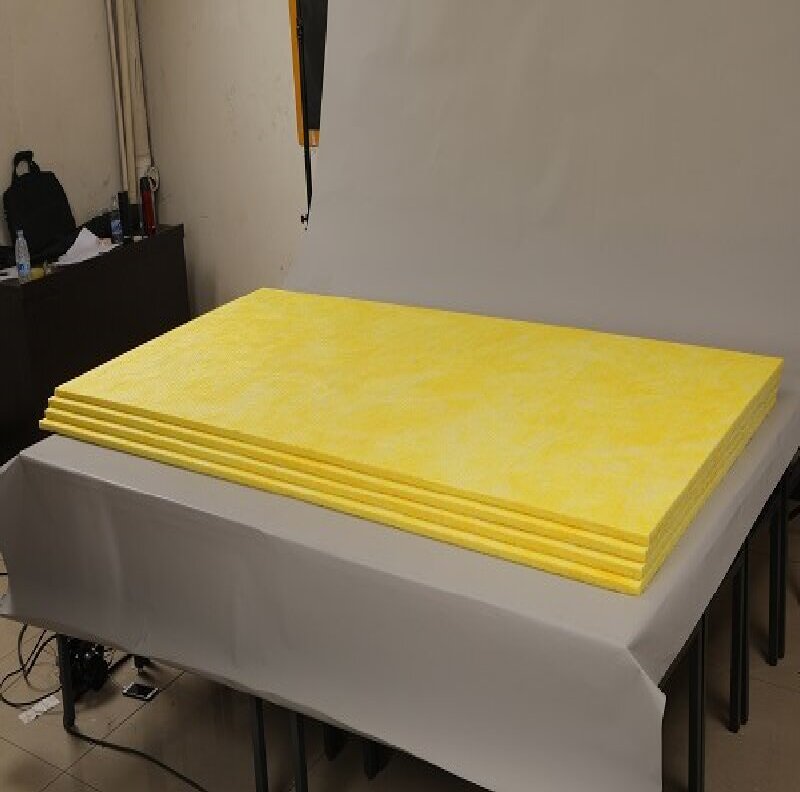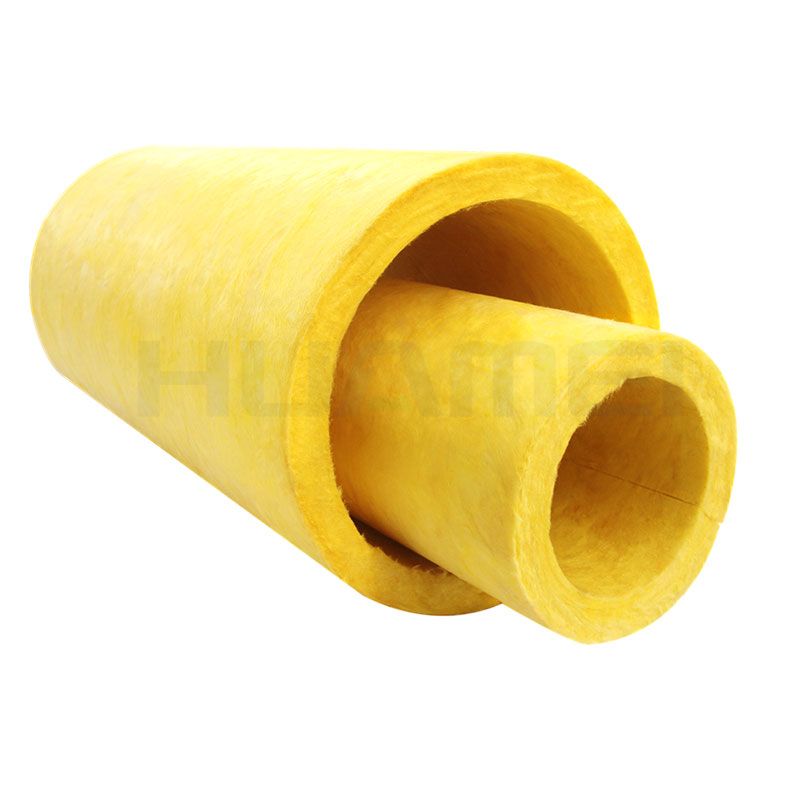E-mail: marketing@hbhuamei.com
Understanding the ins and outs of glass wool insulation is crucial for anyone looking to enhance energy efficiency and comfort in their living or working spaces. In this comprehensive guide, we delve into the question: What is glass wool insulation, and how does it revolutionize insulation solutions?

Glass wool is a versatile insulation material made from recycled glass fibers. Its unique composition allows it to trap air, providing excellent thermal insulation. This cost-effective solution is widely used in construction for its insulating properties.
One of the key advantages of glass wool insulation is its exceptional energy-saving capabilities. By preventing heat transfer, it helps maintain a comfortable indoor temperature, reducing the reliance on heating and cooling systems and subsequently lowering energy bills.
Installing glass wool insulation is a straightforward process. Available in rolls or batts, it can be easily cut to fit specific spaces. Whether you're insulating walls, ceilings, or floors, the flexibility of glass wool makes it an ideal choice for both new constructions and retrofits.
Beyond thermal insulation, glass wool excels in sound absorption. Its fibrous structure dampens sound waves, making it an effective solution for reducing noise levels within a building. This makes it particularly valuable in residential and commercial settings where acoustic comfort is essential.
Glass wool is inherently non-combustible, adding an extra layer of safety to buildings. In the event of a fire, it does not contribute to the spread of flames and can help contain the fire, providing valuable time for evacuation and minimizing property damage.

Q: Is glass wool insulation safe for health?
A: Yes, glass wool insulation is safe for health. It is non-toxic and does not emit harmful gases. Proper installation and handling, following recommended safety guidelines, ensure a safe and healthy environment.
Q: Can glass wool be used in all climates?
A: Absolutely. Glass wool insulation performs well in various climates. Its thermal resistance properties make it effective in both hot and cold environments, contributing to year-round comfort.
Q: How does glass wool contribute to sustainability?
A: Glass wool insulation is eco-friendly as it is made from recycled glass. Its energy-saving qualities also contribute to overall sustainability by reducing the environmental impact of heating and cooling systems.
Unlock the full potential of your living or working space with glass wool insulation. From energy efficiency to soundproofing, this insulation solution offers a myriad of benefits, ensuring a comfortable and sustainable environment.
Copyright © Huamei Energy-saving Technology Group Co., Ltd. All Rights Reserved | Sitemap | Privacy Policy
Insulation solutions LIST: Insulation solutions LIST